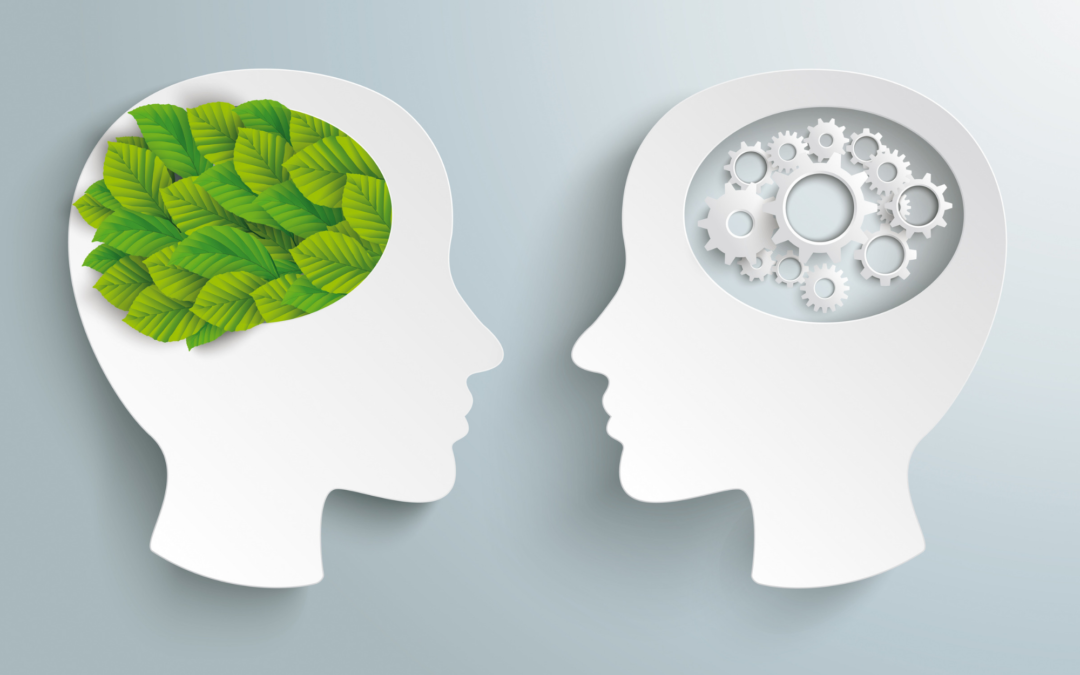The fight for gender equality is nothing new, but did you know that the same war is being waged among brain scientists too?
In the ongoing quest to understand the differences between men and women, it’s not just our physical features and socialization that have been studied for answers – our brains are also being examined.
Thankfully, science has evolved since skull measuring in the early 19th century or the belief that larger brains – found in men – signaled superior intelligence.
But cognitive neuroimaging professor Gina Rippon says there’s another myth – one that’s currently held – that also needs to be busted: the idea that differences between gender originate in the brain.
In a recent NewScientist article, Rippon writes that a deeper understanding of the malleability of all brains – both male and female – is still needed.
The article, titled How Neuroscience is exploding the myth of male and female brains how gender stereotypes – men can’t multitask but are great at fixing things while women are more empathetic but can’t think logically – have traditionally been explained away by the belief in the “fixed and inevitable differences” of the brain.
However, things are changing with our growing understanding of how our brain’s neuropathways can literally be altered with new ways of doing and thinking.
“Scientists used to think that beyond the changes that occur during the highly plastic early years of the brain…you generally end up with the brain you were born with, only bigger and better connected,” Rippon writes.
“We now know that isn’t the case. Our brains are very much a product of the lives we have lived, the experiences we have had, and our education, sports and hobbies. The way we perform tasks reflects not just the running or predetermined internal software, but also external inputs.”
We agree.
In the science of Neuroleadership, brains are not a gendered organ but rather one that, given the right information in the right way (external inputs, as Rippon puts it), have the ability to change, whether they’re female or male.
Further, our work shows us that your mindset also influences how you work and interact with others, as well as how you view and engage in new situations.
A fixed mindset, which believes intelligence and skill is fixed at birth, can hinder personal and professional performance and progress, while a growth mindset, which believes intelligence and skill can be enhanced through effort and practice, supports learning from others, can accelerate progress and enhance performance.
Noesis delivers neuroleadership consulting and training to organizations handling everyday change and major transformation initiatives. We help our clients permanently and scientifically improve leadership.


Recent Comments